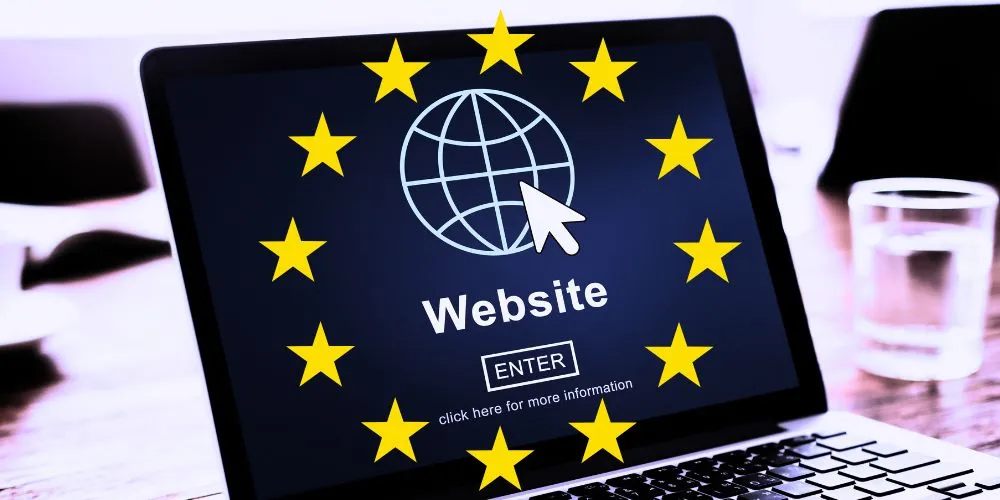Key Points:
- Implementing the EU’s Digital Markets Act prompts a surge in independent browser users within the European Union.
- Aloha Browser reports a 250% increase in EU users in March. Other independent browser companies, including Vivaldi, Ecosia, and Brave, also saw users rise.
- Larger players like DuckDuckGo and Opera experience record user growth in the EU. Apple and Google begin displaying browser choices on their devices.
- Concerns about the slow and complex rollout process led to a European Commission investigation into Apple’s compliance.
Following the implementation of the EU’s Digital Markets Act on March 7, independent browser companies within the European Union have witnessed a notable increase in users, signaling a shift in the digital market’s competitive landscape. The legislation, aimed at promoting fair competition, compelled tech giants like Alphabet’s Google, Microsoft, and Apple to facilitate easier switching to rival browsers for mobile users through a “choice screen.”
Traditionally, browsers offered by major tech companies like Google and Apple have dominated the market, with Chrome and Safari default options on Android and iPhones, respectively. However, introducing the choice screen has provided users with alternatives, leading to a surge in the adoption of independent browser options.
Aloha Browser, based in Cyprus and emphasizing privacy, reported a remarkable 250% increase in EU users in March, making the region its second-largest market. Similarly, browser companies like Vivaldi from Norway, Ecosia from Germany, and Brave from the United States have observed increased user numbers following the regulatory change.
Even larger players in the market, such as DuckDuckGo and Opera, have experienced record user growth in the EU. With over 324 million global users, Opera highlighted the positive trend, attributing it to users selecting Opera as their default browser on iPhones.
However, browser companies criticized Apple and Google’s implementation process, citing it as slow and cumbersome. They argue that the complex design of the choice screen, especially on iPhones, hinders users from truly exercising their options. Mozilla, the owner of the Firefox browser, raised concerns about the sluggish rollout of updates, with only 19% of iPhone users receiving the choice screen.
Despite the initial challenges, Apple and Google have begun displaying browser choices on their devices. Apple presents up to 11 browser options alongside Safari in each EU country. Google plans to extend the choice screen feature to devices made by other manufacturers running the Android operating system in the coming months.
The European Commission has initiated a non-compliance investigation into Apple’s rollout process, questioning whether it effectively impedes users’ ability to exercise their choice of services. The surge in independent browser usage underscores the impact of regulatory measures in promoting competition and empowering consumers within the digital ecosystem.




